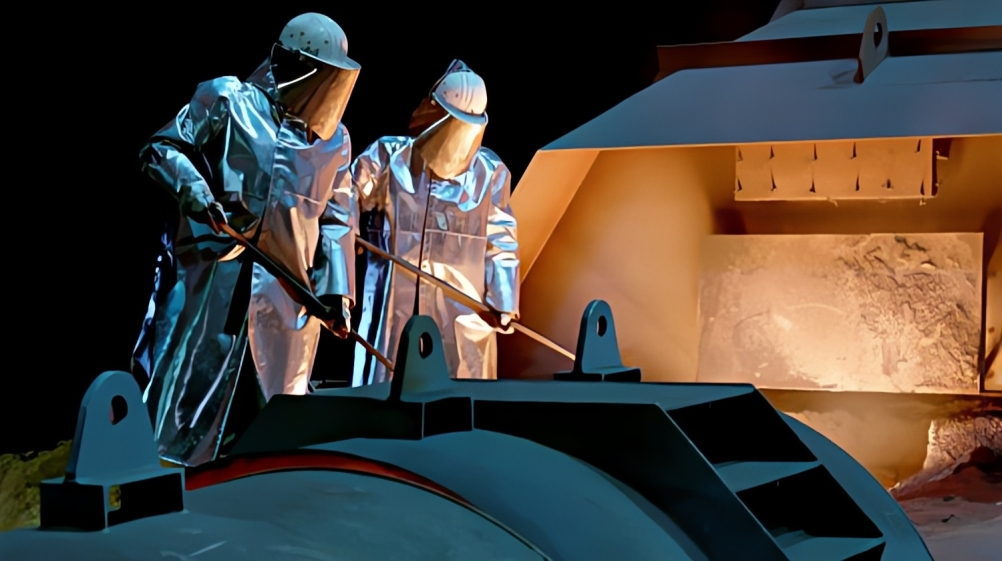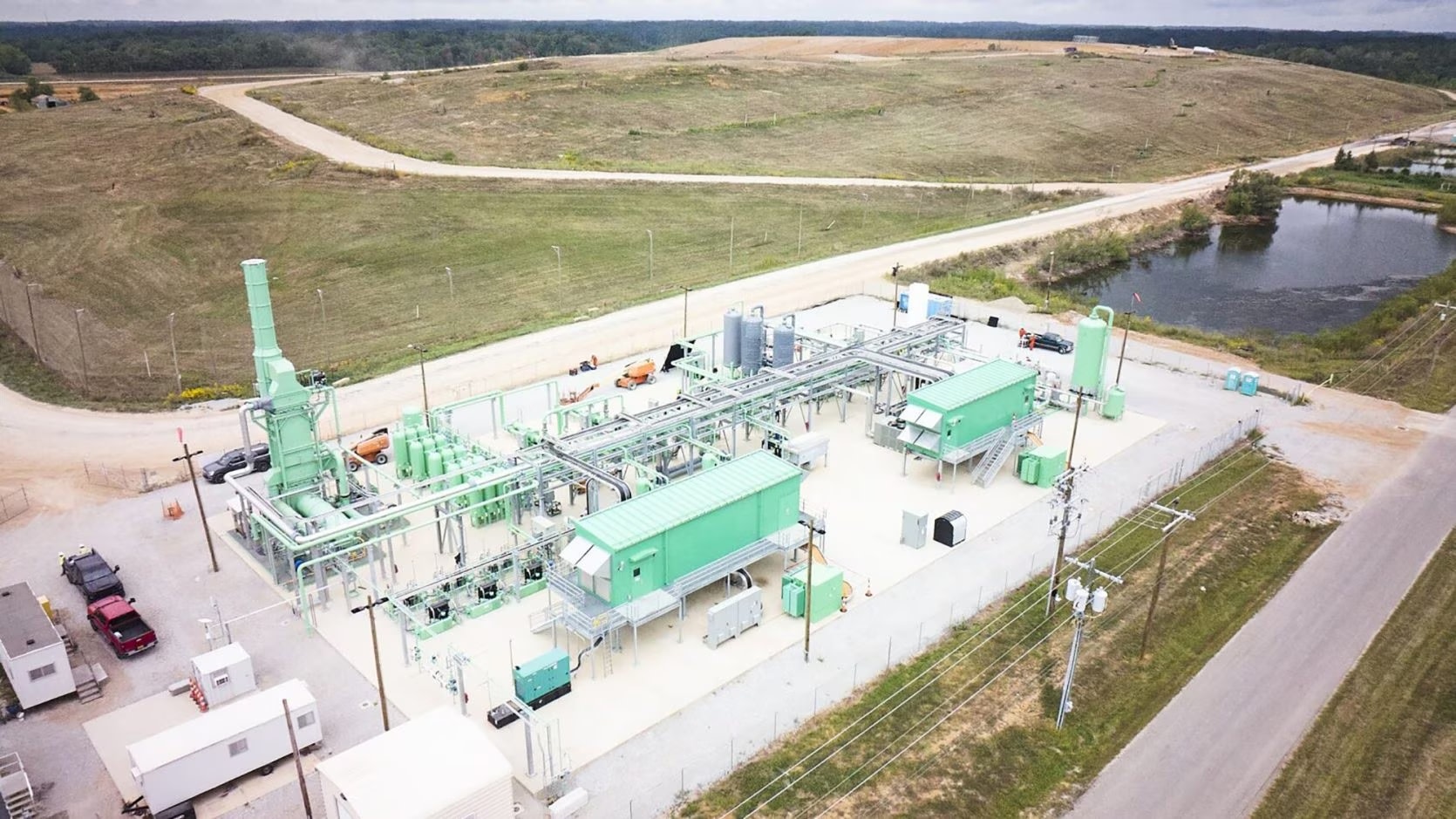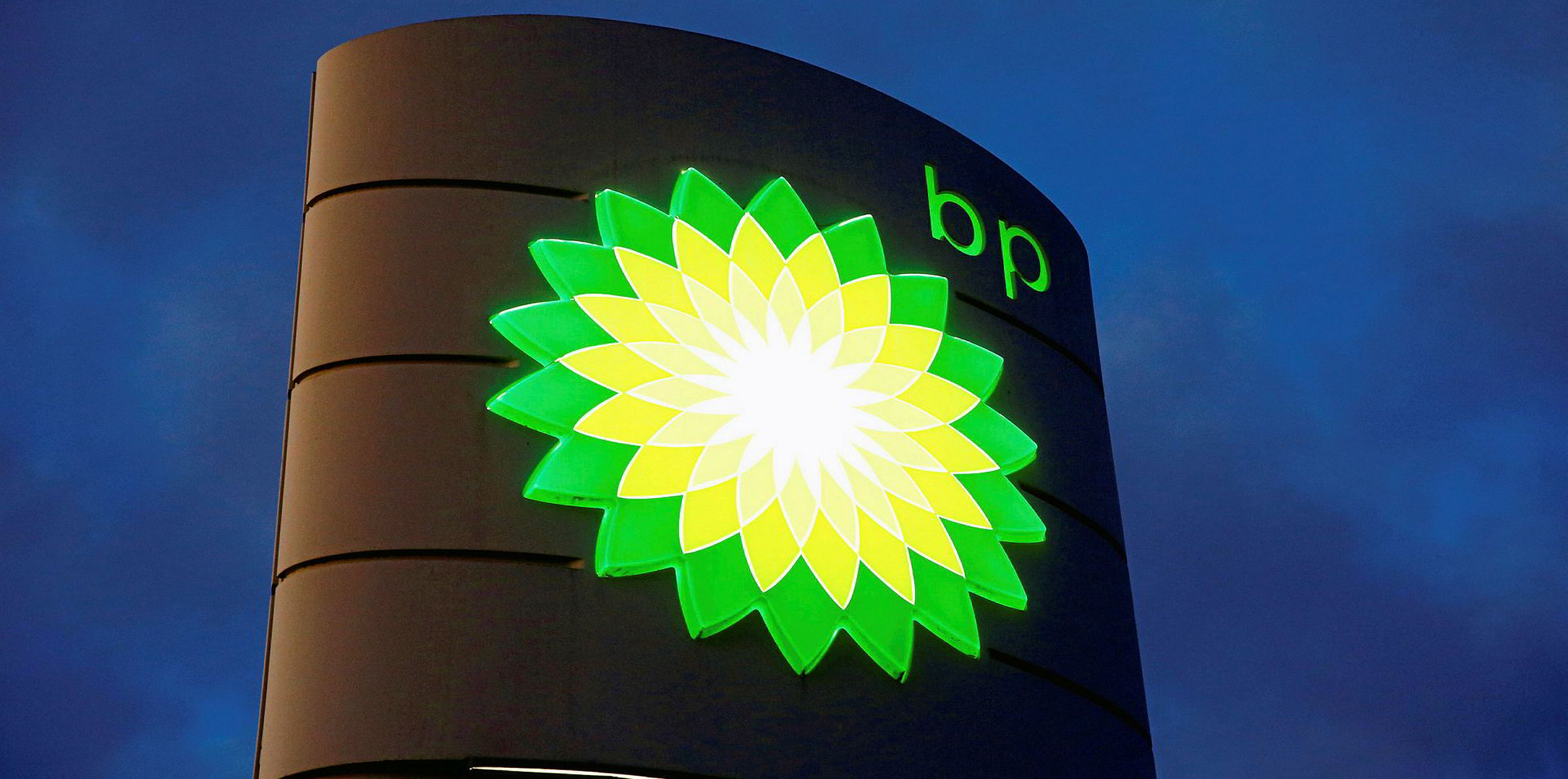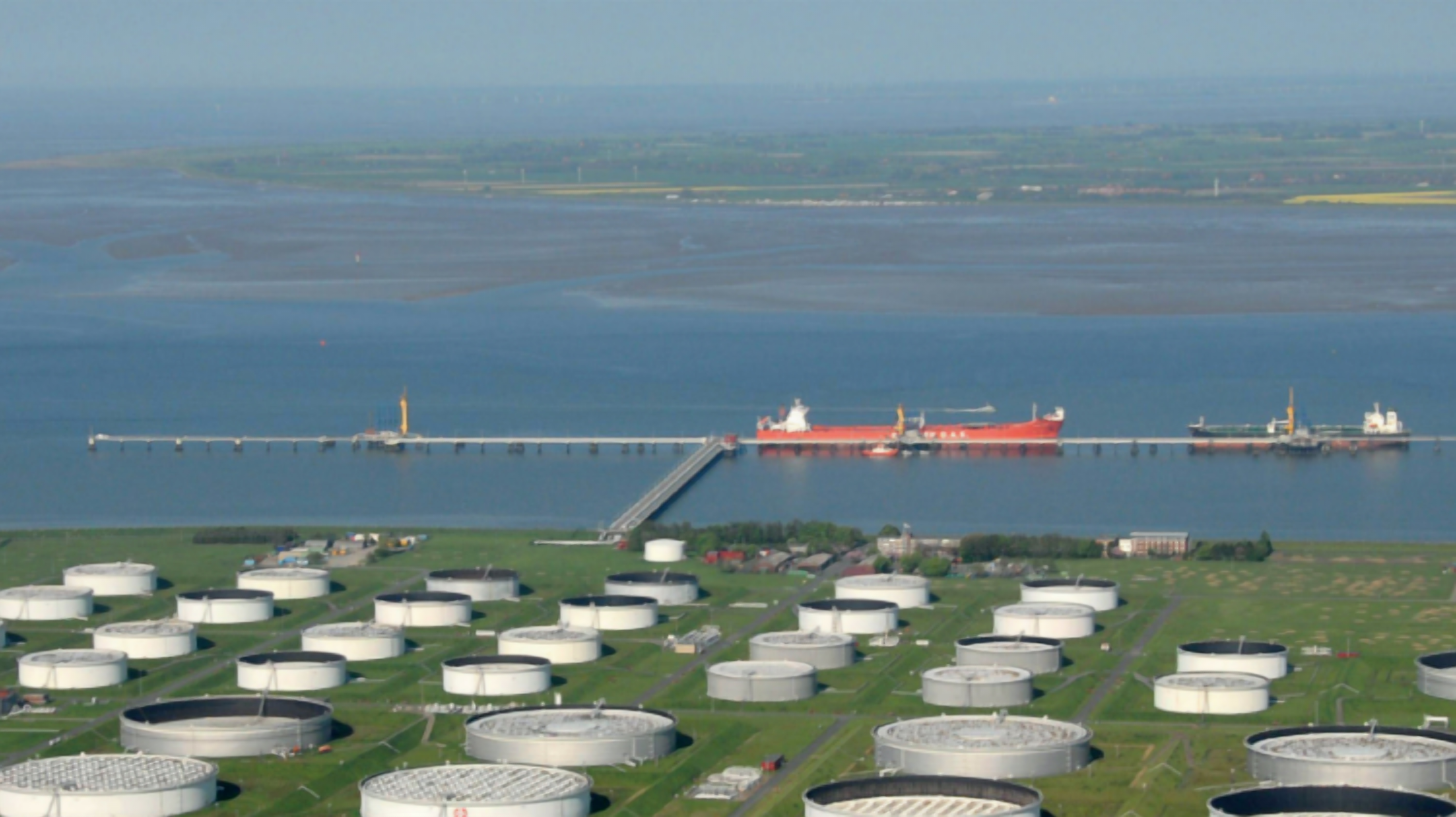bp and thyssenKrupp Steel Collaborate on Decarbonising Steel Production
bp PLC

bp and thyssenKrupp Steel have signed a memorandum of understanding (MoU) focusing on the creation of a long-term supply of low-carbon hydrogen and renewable electricity for steel production, thereby accelerating the steel industry's energy transformation.
thyssenkrupp Steel accounts for 2.5% of Germany's CO2 emissions, primarily at the Duisburg location where the largest emitters, the blast furnaces, are located.
thyssenkrupp Steel wants to make steel manufacturing climate-neutral over the long term by replacing coal-fired blast furnaces with direct reduction plants in which iron ore is reduced with low-carbon hydrogen.
Using power purchase agreements, the companies will investigate supply alternatives for both blue and green hydrogen as well as wind and solar energy.
William Lin, bp's executive vice president, regions, cities and solutions, said:
"As part of our strategy to provide a range of decarbonisation solutions to corporates, bp is already investing in and working to develop a portfolio of industrial-scale hydrogen projects in Germany, the Netherlands, Spain, the UK and Australia. With our aligned ambitions and complementary investments, thyssenkrupp Steel and bp can together help this hard-to-abate sector decarbonise faster.”
Dr Arnd Köfler, Chief Technology Officer at thyssenkrupp Steel, commented:
"The decarbonisation of the steel industry will require enormous quantities of low-carbon and in the long term green hydrogen. This will increasingly require the use of electricity from renewable sources. All this can only be achieved through a well-developed hydrogen infrastructure with a supra-regional pipeline network. The MoU is an important milestone for us to set the course with bp for a reliable supply of energy in the future."
Steel accounts for 8 to 11 per cent of the world's CO2 emissions. It is crucial for the automotive and construction industries and industrial machinery production. It is also the basis for a variety of decarbonisation technologies, such as wind turbines, generators, and intelligent power grids.
In addition, the companies intend to advocate collaboratively for laws that will encourage the development of low-carbon hydrogen and the expansion of green steel in Europe.
thyssenkrupp Steel produces 11 million tonnes of raw steel annually and aims to create 400 thousand tonnes of CO2-reduced steel by 2025.
Bp is pursuing the generation of green hydrogen in its refineries in Lingen, Germany, Rotterdam, the Netherlands, and Castellón, Spain. It is developing blue and green hydrogen generation projects worldwide, particularly in the United Kingdom and Australia.
Source: bp






